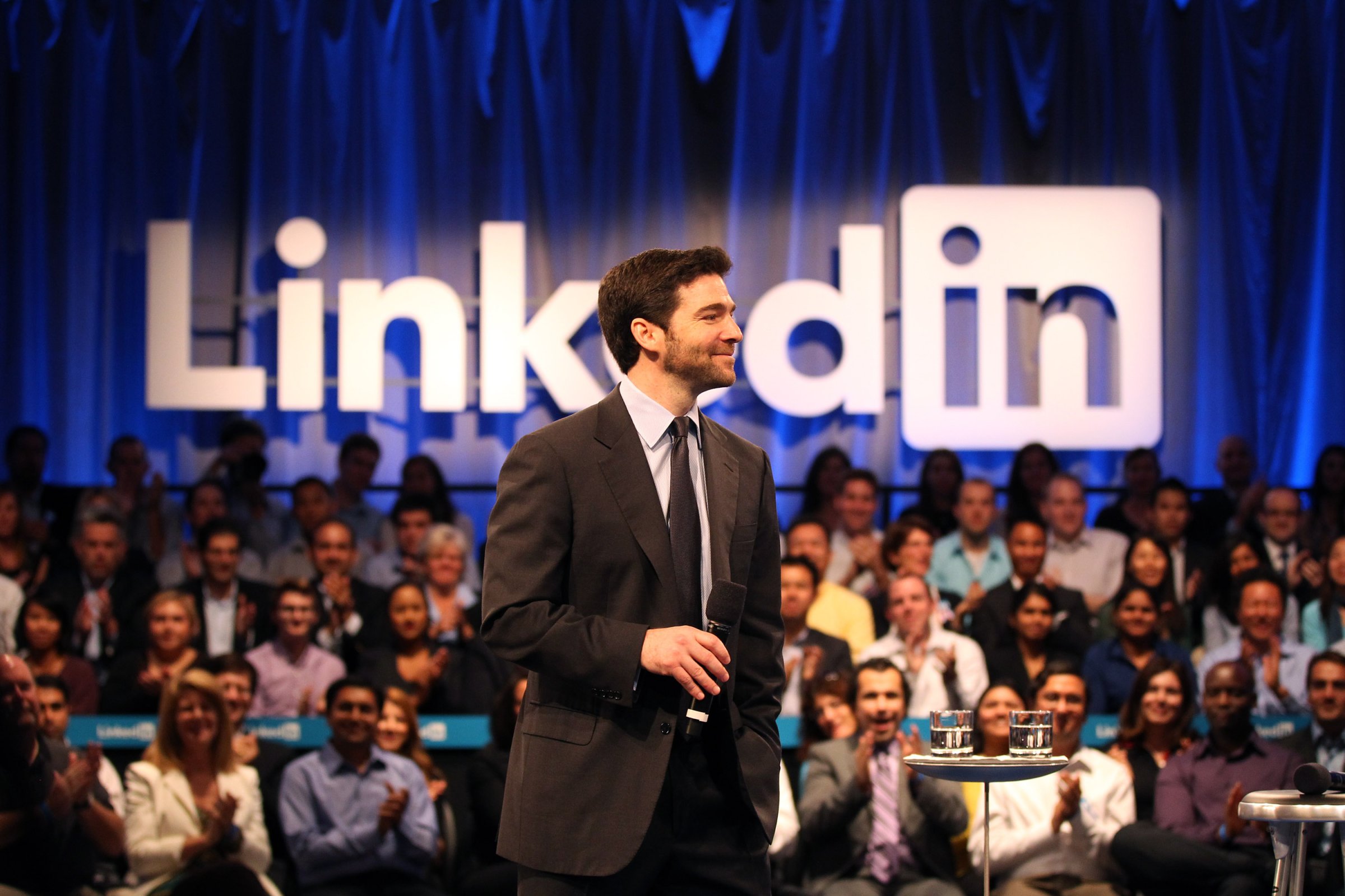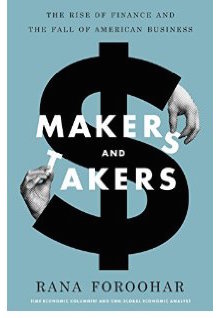

Foroohar is an assistant managing editor at TIME and the magazine’s economics columnist. She’s the author of Makers and Takers: The Rise of Finance and the Fall of American Business.
Finding examples of how companies use financial engineering—instead of the real engineer—to bolster their balance sheets is like shooting fish in a barrel. The latest involves the biggest deal of the moment: Microsoft’s acquisition of LinkedIn.
One of the reasons that LinkedIn many have wanted to be acquired, as Andrew Ross Sorkin explained in yesterday’s New York Times, is that it has been using a rather deceptive method of accounting that allows employee compensation paid in stock to be ignored as an expense. That makes for a bottom line that looks better than it really is. (This is especially true given that the amount of stock based-comp paid out by the company in the last two years was nearly equal to operating revenue, according to an analyst source.)
LinkedIn isn’t alone in this sort of crafty accounting–most companies in the S&P now do it. (This piece is a great primer on how the funny math works.) But recently, Facebook started including stock comp in its reporting, and there’s a big push within corporate governance circles to get more companies to do that in order to get back to a more realistic version of earnings. After all, employee compensation, whether paid in cash or stock, is obviously an expense that should go on the balance sheet.
It’s worth understanding just why, and how, stock-based compensation became such a huge deal to begin with. It marked a turning point toward short-term decision-making in corporate America. Key legislative changes that fueled the trend happened under Democratic president Bill Clinton, whose administration passed a 1993 provision on corporate pay. The measure limited corporate tax deductions for regular salaried income to $1 million but exempted “performance-related” pay above and beyond that—pay that was typically awarded in stock options. Joseph Stiglitz, a former head of Clinton’s Council of Economic Advisers, remembers this move as “one of the worst things that the Clinton administration did.”
That’s because it created a tremendous incentive for companies to pay more compensation in options. This further fed the cycle of short-termism since executives would from then on be focused primarily on boosting stock prices, by any means necessary. As Stiglitz puts it, “It just opened up this huge span of bonus pay which was not for performance. I had written a lot about this before, that it was largely phony. I argued very strongly during the nineties that the whole stock option pay trend caused a lot of incentives for non-transparency, and that it was directly responsible for what I call creative accounting.” It allowed firms not just to deceive the market but also to avoid paying the taxes that they should have paid.
Why does this matter so much now? Because it contributes to growing inequality and a lackluster economic recovery, by putting more and more tax-free compensation into the hands of the wealthy (who tend not to spend it after a certain point, which is a problem in an economy based mostly on consumer spending). What’s more, says Stiglitz, the performance exception didn’t really reward “performance” as much as any number of other factors, such as monetary policy that boosted stock prices. “If you’re really talking about performance, you should not get higher pay when your stock price goes up because the interest rate goes down,” he explains. “I mean, maybe Janet Yellen should get higher pay for that, but CEOs certainly shouldn’t.” He wrote in his searing memoir of the time, The Roaring Nineties, that “as the Clinton years came to a close, I wondered: What message had we in the end sent through the changes that had been brought about in our taxes?”
The Microsoft-LinkedIn deal brings all this to the fore once again. It’s a topic the next president should tackle head on, no matter the party.
More Must-Reads From TIME
- The 100 Most Influential People of 2024
- The Revolution of Yulia Navalnaya
- 6 Compliments That Land Every Time
- What's the Deal With the Bitcoin Halving?
- If You're Dating Right Now , You're Brave: Column
- The AI That Could Heal a Divided Internet
- Fallout Is a Brilliant Model for the Future of Video Game Adaptations
- Want Weekly Recs on What to Watch, Read, and More? Sign Up for Worth Your Time
Contact us at letters@time.com